Top Israeli court rejects Palestinian petitions against 'magalomaniacal' cable car project in al-Quds
Israel’s apex court has rejected petitions challenging the construction of a controversial cable car in the Old City of al-Quds, which will further consolidate the regime’s grip on the occupied city and its holy places, including the flashpoint al-Aqsa Mosque compound.
The top court on Sunday dismissed petitions filed by Palestinian residents of the Silwan neighborhood, store owners in the Old City, the Jewish Karaite community, the Israeli archaeological group Emek Shaveh, and an environmental group Adam Teva V'Din.
Among the opponents of the project is lawyer Sami Arshid, who represents the Palestinian residents of the Silwan neighborhood and store owners in the Old City.
"This is a controversial, megalomaniacal project that promotes a political agenda," said lawyer Arshid.
He says the project does “serious damage to the historical, cultural, religious and social fabric" of al-Quds and needs to stop.
After the court ruling came out, Emek Shaveh in a statement said the “public struggle has just begun,” warning that the project would alter the ancient and historical skyline of the Old City of al-Quds.
“We are doing everything we can to prevent the construction of this terrible project,” it asserted.
The cable car project in the occupied al-Quds extends over 1.4 kilometers (0.86 miles), from the Mount of Olives area, adjacent to the Old City of al-Quds, to the al-Maghariba Gate, which is also known as the Moroccan Gate and is one of the Old City's main gates near al-Aqsa Mosque.
In 2019, the Israeli cabinet had earmarked 200 million shekels ($54.4 million) for the project.
The cable car is set to pass above a cemetery of the Jewish Karaite community, whose leaders have complained that the project will desecrate the burial site and make it dysfunctional.
It then reaches the City of David Park in the Palestinian Silwan neighborhood, whose residents have long faced eviction orders.
“This is a controversial, megalomaniacal project that promotes a political agenda," Arshid said in his remarks after the court ruling.
“We regret that the court rejected the petitions and did not intervene to prevent this disaster to al-Quds, which is the outcome of a faulty and heavy-handed process,” he said.
Palestine decries court’s decision on al-Quds cable car project
Palestine’s ministry of foreign affairs and expatriates has strongly condemned the Israeli supreme court’s decision to approve the controversial cable car project in the occupied al-Quds.
A ministry statement termed the project as “an integral part of Israel's Judaization campaign in al-Quds with a view to eroding its Palestinian, Islamic and Christian identity.”
“The court decision is another proof that the court system is part of the Israeli occupation to serve its settlement and Judaization plans,” the statement read.
It appealed to the US government and the international community to ramp up pressure on the Israeli regime to halt the project in the occupied city.
Israel occupied the West Bank and East al-Quds during the Six-Day War in 1967. It later annexed East al-Quds in a move not recognized by the international community.
Palestinians want the West Bank as part of a future independent Palestinian state, with East al-Quds as its capital.
But Israel’s aggressive settlement expansion and annexation plans have dealt a serious blow to any prospects of peace.
The Gaza Strip has also been under an inhumane Israeli land, air, and sea siege since 2007 and has witnessed three wars since 2008.
US to remove Jewish Kahane group from blacklist
In a separate development, a senior US official has said that Washington will remove a Jewish group from its terror blacklist.
The unnamed official was quoted as saying by The Times of Israel on Monday that Kahane Chai, a radical Orthodox Jewish group founded by the ultranationalist Rabbi Meir Kahane, will be removed from the foreign terrorist organization (FTO) blacklist after several years of inactivity.
The official added that Kahane Chai “will remain a Specially Designated Global Terrorist (SDGT) entity”, even if it is dropped from the FTO list.
“The US government remains concerned by the legacy of Kahane Chai and the continued use of its rhetoric among violent right-wing extremists.”
The State Department designated Kahane Chai an FTO in 1997, three years after Baruch Goldstein - a supporter of the group - massacred 29 Palestinians in the occupied West Bank city of al-Khalil.
Extremist Israeli lawmaker Itamar Ben-Gvir, who has advocated annexing the West Bank, backs the Kahane Chai group and has even hung a portrait of Goldstein in his home.
President Yoon Suk Yeol to be removed from office
At least 19 Gazans killed by Israeli airstrikes since dawn: Medics
Leader: Iran neither has nor needs proxy forces
US fighter aircraft shot down ‘in friendly fire’ amid aggression on Yemen
Yemeni FM: Israel’s sponsors accountable for ongoing aggression on Sana’a
Eight Palestinians killed as Israel attacks Gaza school, hospitals
VIDEO | Rome, Milan host new protests in solidarity with Palestinians
Dec. 21: ‘Axis of Resistance’ operations against Israeli occupation


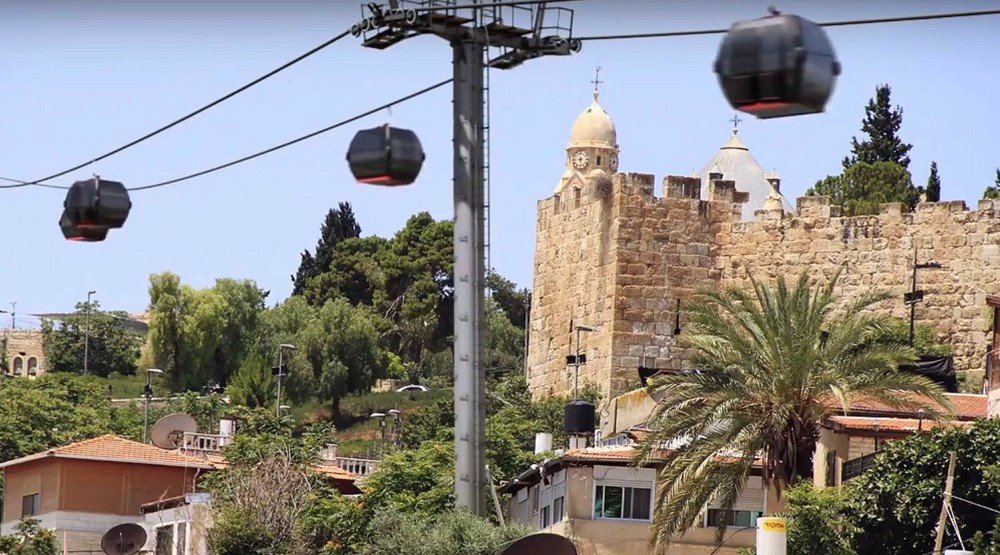
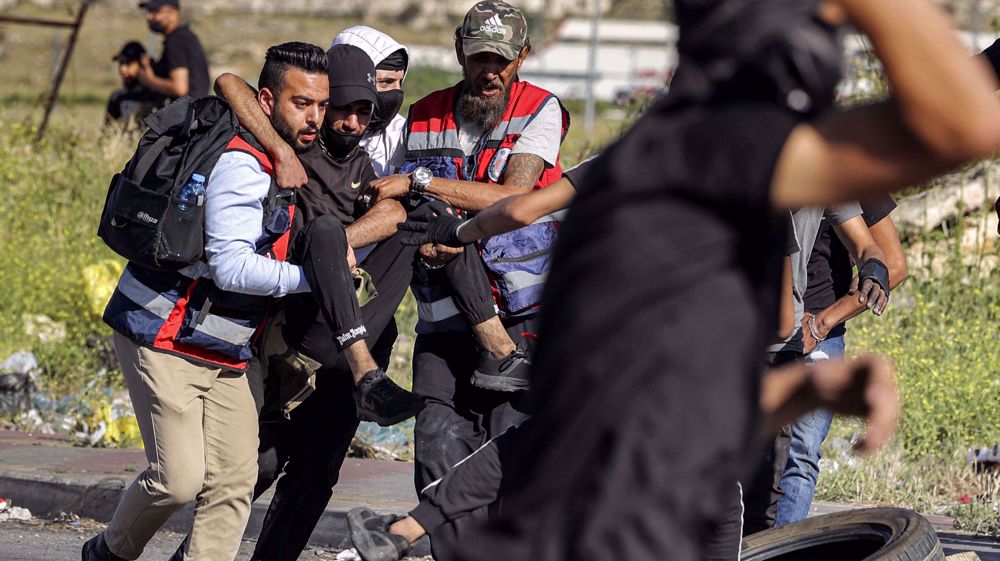
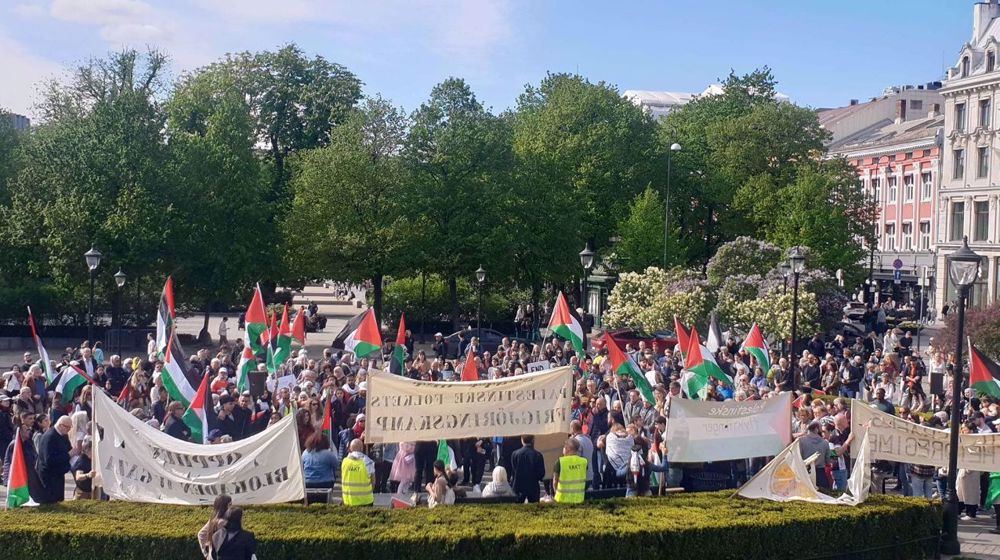
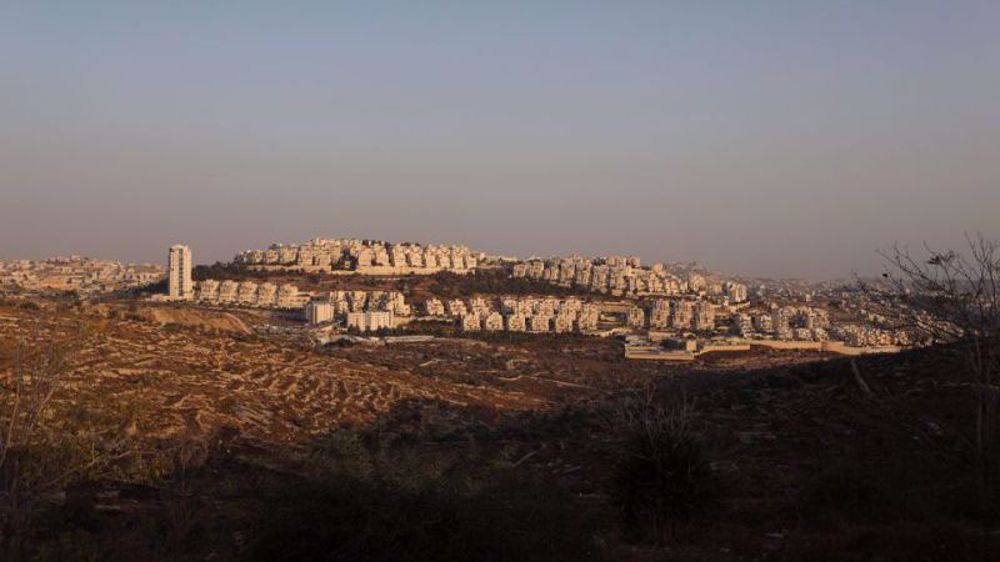
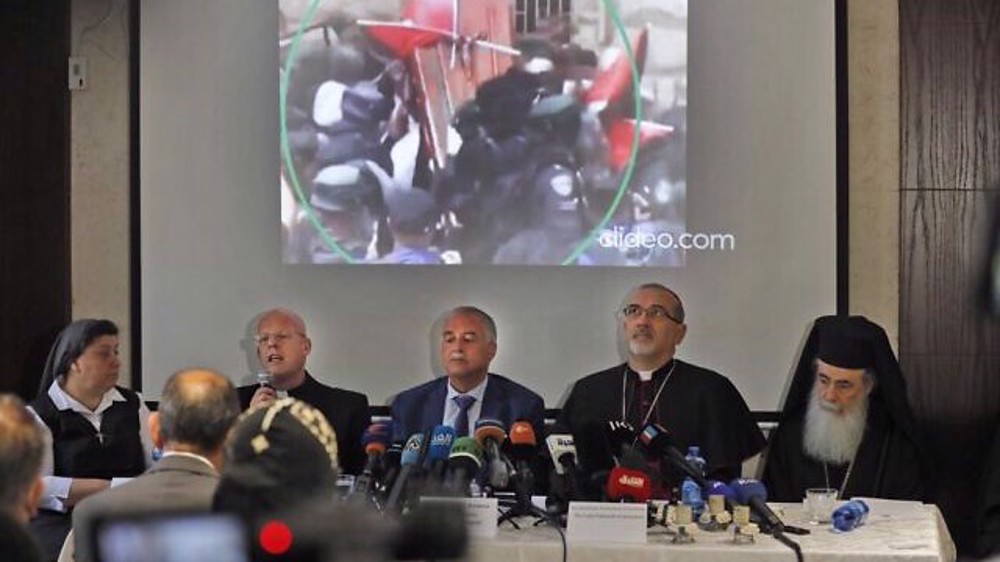
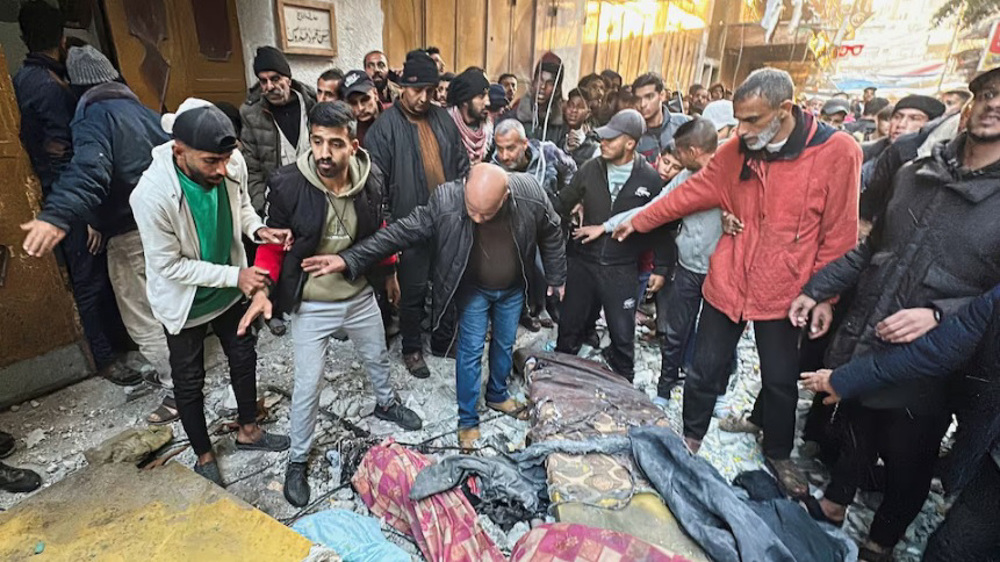





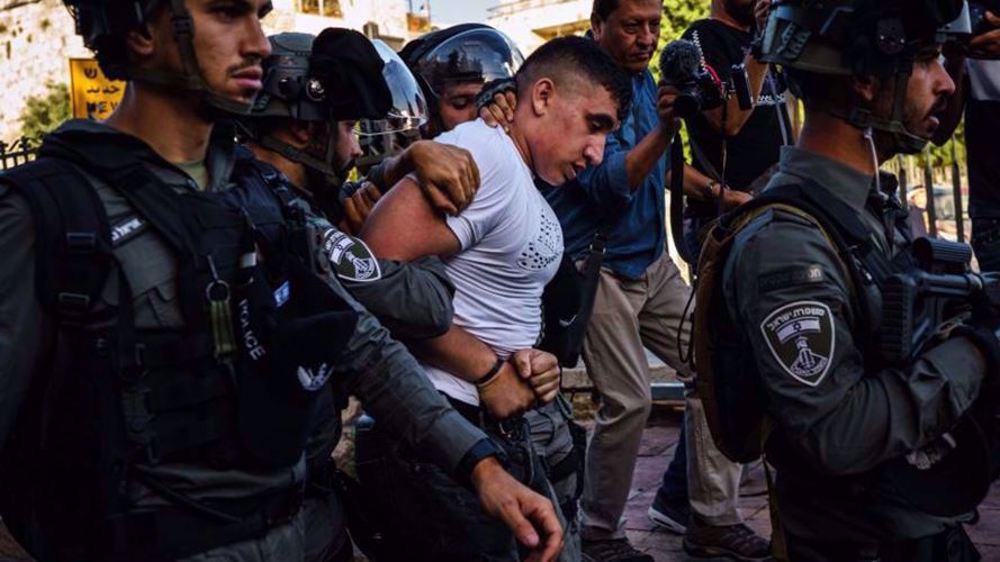
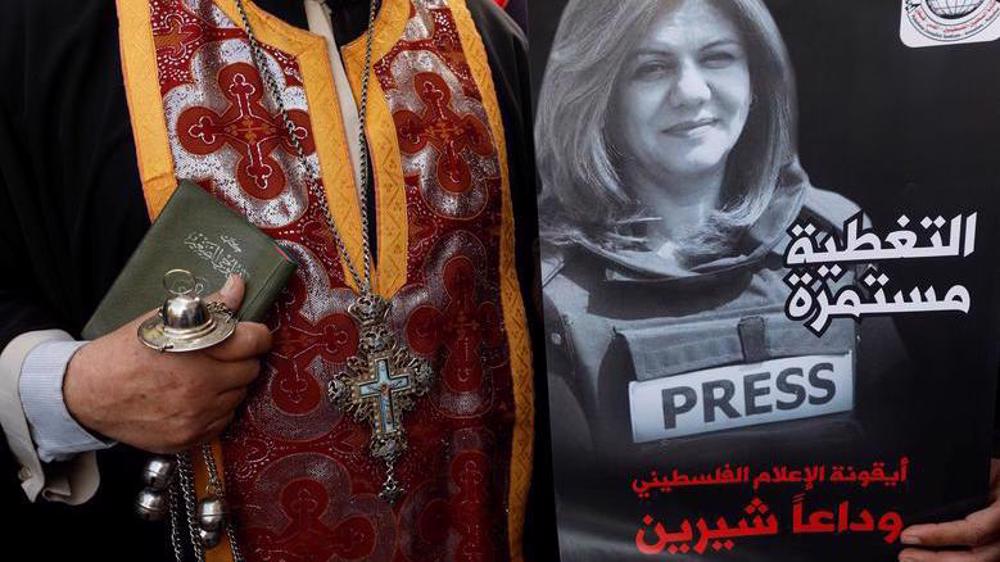
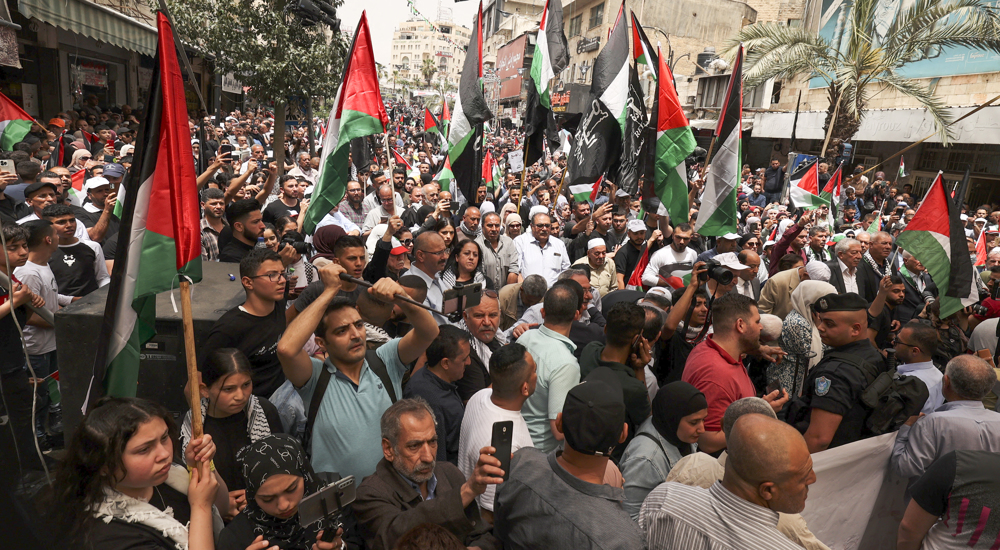
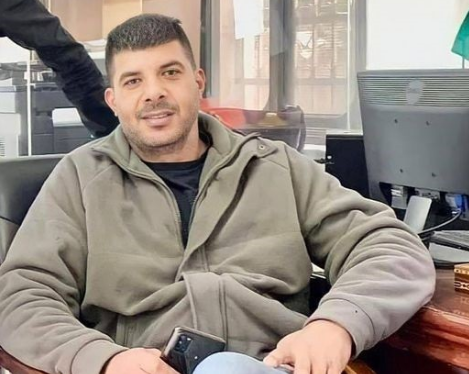
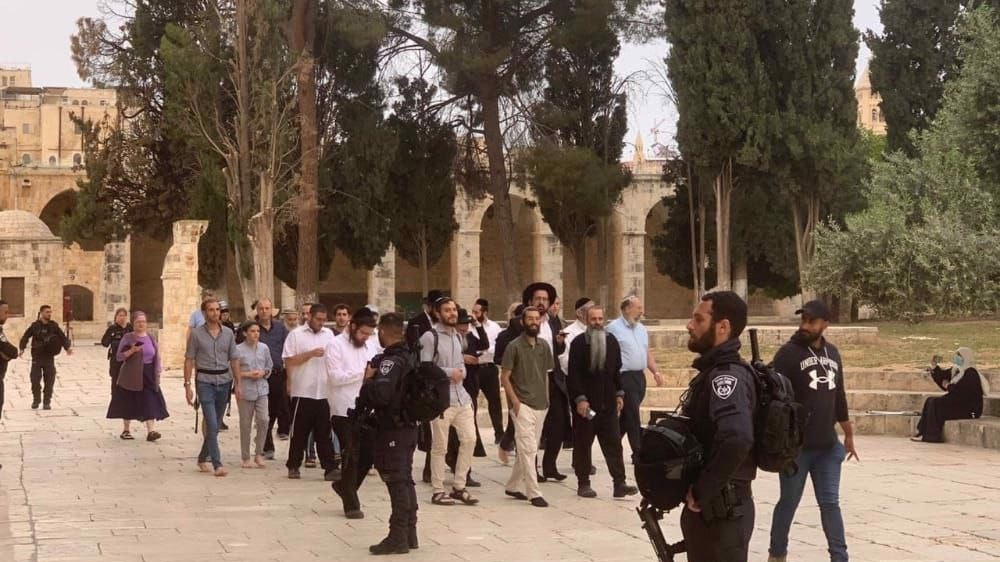
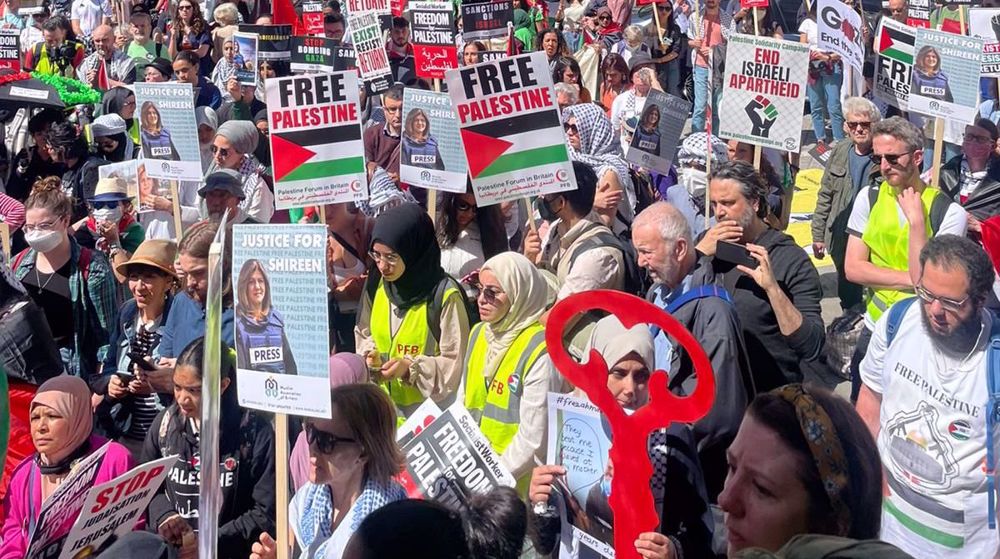
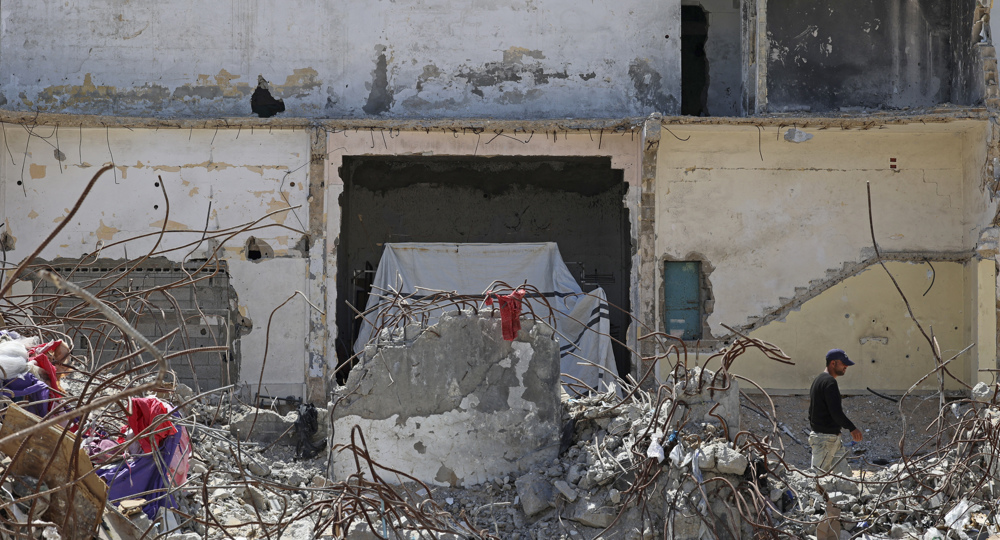
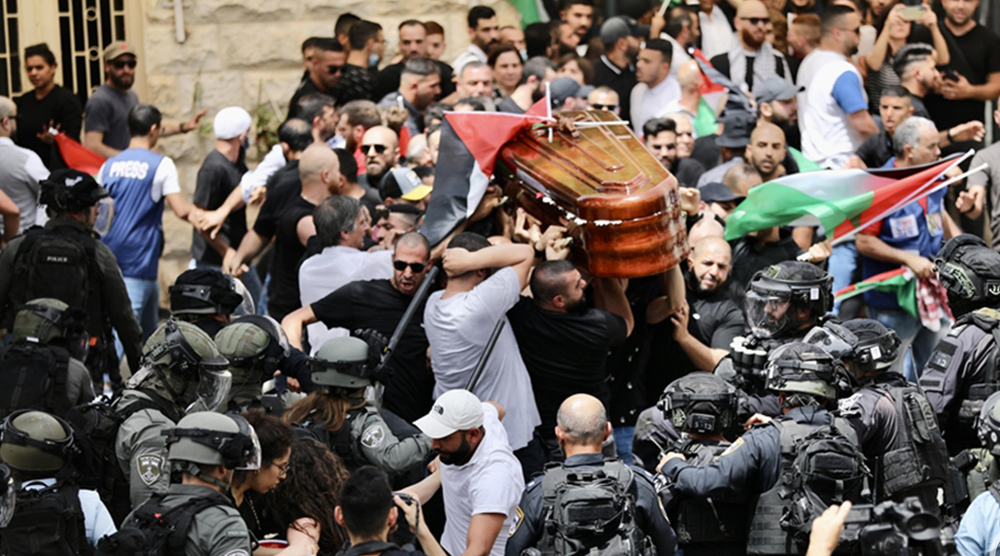

 This makes it easy to access the Press TV website
This makes it easy to access the Press TV website